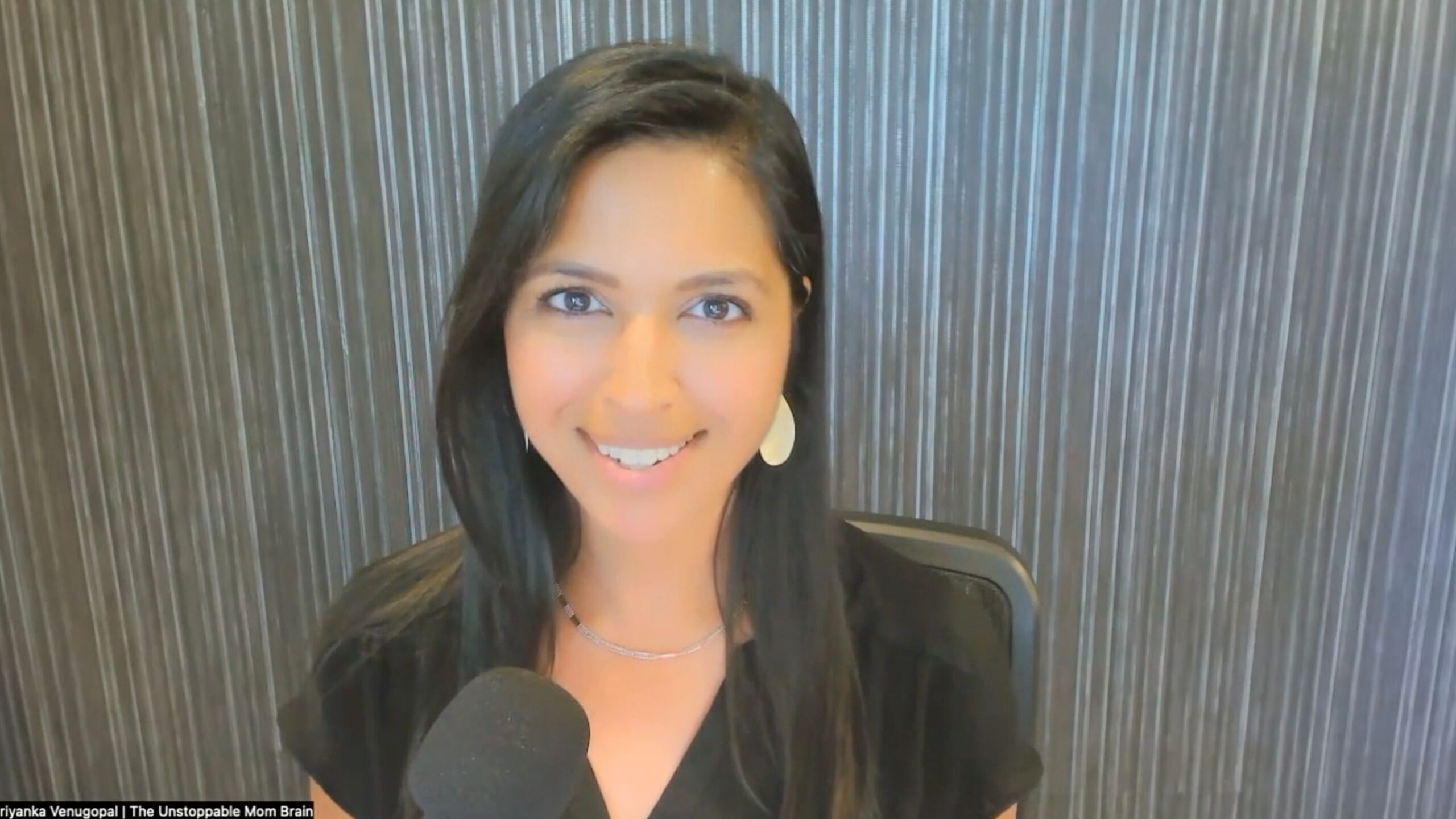Hi, I'm Dr. Priyanka Venugopal
Group coaching experience for professional women
WORK WITH ME
The Joyful Project
An ObGyn physician turned Stress + Weight Loss Coach, and mama to two wild kiddos. This is a show where story meets science + strategy where you’ll learn from my own epic fails, experiences as a physician and as a very busy mom who is dreaming big.
Feel Unstoppable with Science and Strategy
The Burn Stress, Lose Weight Group
Episode #128: Snacking Stress Types: The Escapist
Summary
In this episode of the Burn Stress, Lose Weight podcast, I’m diving deep into one of the four stress types: the Escapist. I’m explaining how stress can sabotage our progress not just on the scale, but in life. Through this insightful and relatable lens, I’ll share how the Escapist stress type triggers emotional eating, and why focusing purely on changing actions like snacking doesn’t work in the long run. Using the timeless think-feel-act cycle, you’ll learn how stress patterns develop, and most importantly, how we can change them at the root.
Learn more: https://www.burnstressloseweight.com/
Get the Body Reset Private Podcast: https://www.burnstressloseweight.com/bodyreset
What You’ll Learn from this Episode:
- The 4 stress types and how they relate to your weight loss goals.
- Why emotions drive off-plan behaviors like snacking and overeating.
- How your brain is wired to escape stress, and how this shows up in daily habits.
- The importance of understanding your think-feel-act cycle.
- Strategies for breaking free from the Escapist stress cycle to achieve lasting results.
Listen to the Full Episode:
Enjoy the Show?
- Follow: Get new episodes in your feed every single week on Apple Podcasts, Spotify, Google or search “Burn Stress, Lose Weight” on your favorite platform.
- Rate & Review: Take a few seconds and leave your review in the stars and comments of this show.
- Instagram: Come hang out with me on Instagram, you’ll find me in your daily feed @burnstressloseweight
Featured on the Show:
- Want to work with me? Learn about The Burn Stress, Lose Weight Group by clicking here.
- Get access to my new private podcast by clicking here.
Available on:
